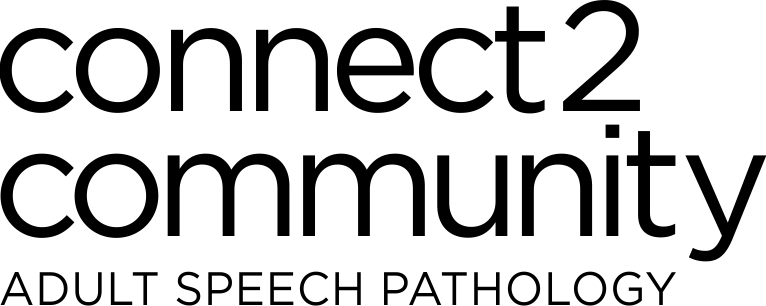

PROGRESSIVE NEUROLOGICAL COMMUNICATION DISORDERS
Multiple sclerosis
What is Multiple Sclerosis?
Multiple sclerosis is a chronic neurological disease affecting the central nervous system (brain, spinal cord) in which the body’s own immune system mistakenly attacks and damages the fatty material called myelin (a protective sheath surrounding the nerves). When myelin is damaged this interferes with messages between the brain and other parts of the body. There is no cure for multiple sclerosis but there are effective treatments and therapeutic strategies to help preserve brain and spinal cord tissue. Multiple sclerosis will differ from person to person.
Types of Multiple Sclerosis (MS)
- Relapsing-remitting course: relapses with all or most recovery and no progressions between relapses
- Primary-progressive MS: steady progression from onset, infrequent plateaus
- Secondary- progressive MS: initial period of relapses and emissions and then a rapid progression of the disease
- Benign MS: very mild form of the disease with a fully functional neurological system up to 15 years post onset
- Malignant MS (Marburg’s variant): very rapid progression of the disease right from onset.
Causes of Multiple Sclerosis
Environmental influences and genetic predisposition.
A person with MS may experience the following communication and swallowing difficulties:
- Dysarthria (speech)
- Voice
- Dysphagia (swallowing)
It’s important to know the following:
- Multiple sclerosis will differ for each person.
- Communication changes can impact educational and vocational outcomes, social participation, psychological wellbeing and quality of life.
How can connect2community speech pathology help?
A speech pathologist can:
- Identify a holistic profile of a client’s communication needs and ability
- Collaborate with client and family members towards person-centered therapy goals
- Discuss therapy options specific to the client’s communication needs and goals
- Provide treatments that meets the client’s communication needs and goals. All treatments focus on real-life, meaningful situations and tasks to enhance success in communication
- Provide compensatory approaches in the form of Augmentative and Alternative Communication (AAC) to increase environmental support and reduce communication barriers.
- Provide communication partner training and support for the individual with multiple sclerosis and their close communication partner/s. Knowledge and the use of facilitative strategies by communication partners can enhance successful communication.
- Identify barriers and facilitators within the person’s communication environment, with the goal being – how to best support communication for the person with multiple sclerosis within their community.
- Provide multiple sclerosis specific education for the client and family
Speech pathologists are trained to assess, diagnose, provide treatment and advocate for people with multiple sclerosis and their families. Please contact connect2community speech pathology if you have any concerns or questions regarding multiple sclerosis or a recent diagnosis of multiple sclerosis.
PHONE 0411 864 386
EMAIL info@connect2community.au
